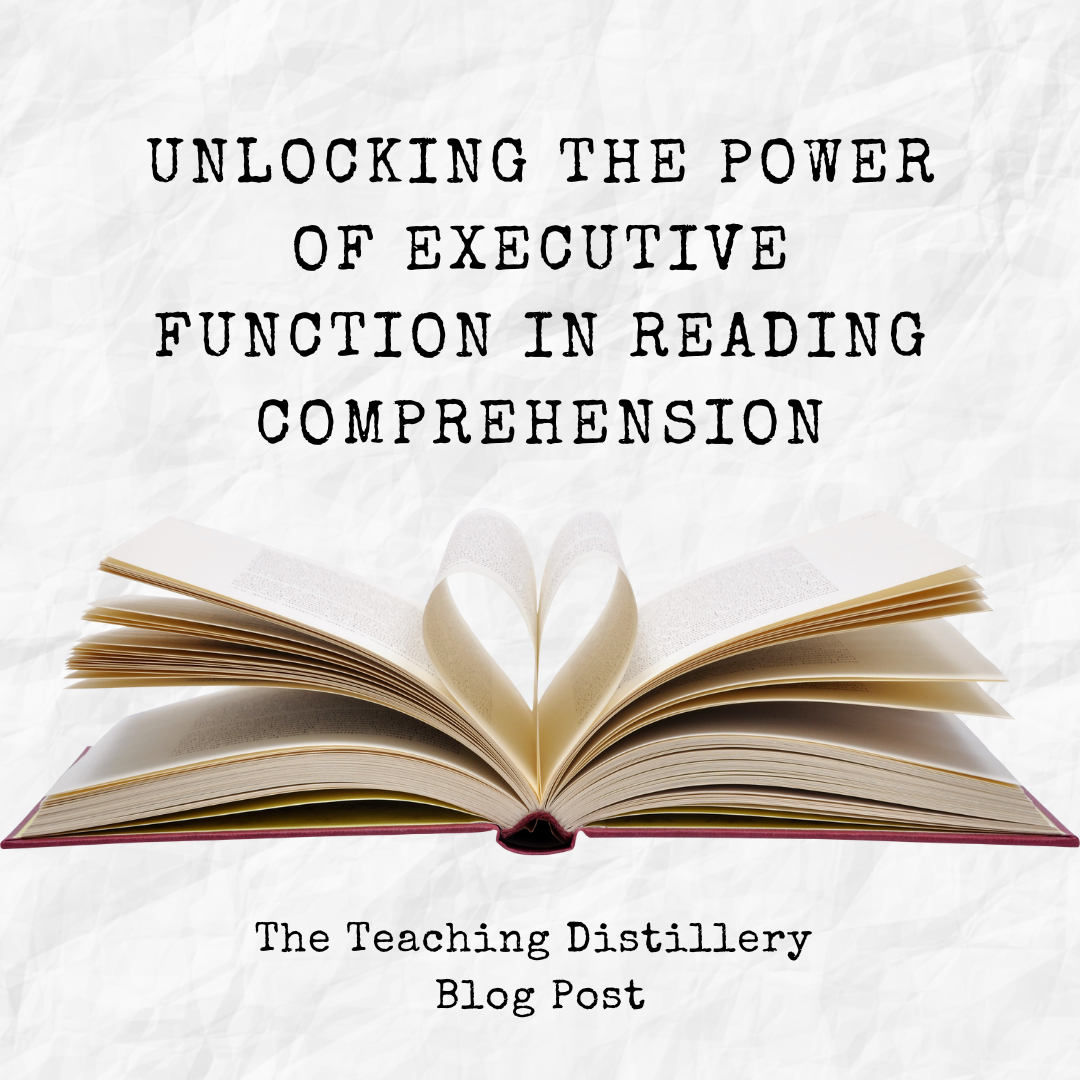Laugh your way through the realities of teaching with this satirical guide to handling stress. From sleep deprivation to befriending the copy machine, this post uses humor to shed light on the demanding nature of the profession.
Read MoreA poem is a small but powerful thing. It is the history of the human heart. It has the power to reach inside of you, to ignite something in you, and to change you in ways you never imagined. There is a feeling of connection when we read a poem that articulates our deepest feelings. Poems can inspire us to write our own journeys, to find our own voices.
Read MoreIn the ever-evolving landscape of English Language Arts (ELA) instruction, educators are continually seeking innovative ways to enhance literacy skills. One often underutilized but potent tool is morphology—the study of word structure. Let’s explore how to seamlessly integrate morphology lessons into your ELA classroom, enriching vocabulary and fostering a deeper understanding of language.
Read MoreProject based learning (PBL) is a teaching method in which students gain knowledge and skills by working a couple of weeks to delve into learning and writing to an authentic, hopefully engaging and complex question / problem / challenge. Students generate their inquiry, plan out their learning progress, and figure out how to present their new found knowledge to the world.
Read MoreIn the real world of education in America, teachers often find themselves faced with the challenge of managing extreme behavior in students. A recent article on ASCD's Educational Leadership platform provides valuable insights and strategies to help educators navigate these situations with finesse and empathy.
Read MoreToday, I want to talk to you about a class book to teach in the classroom – "The Little Prince" by Antoine de Saint-Exupéry. Be sure to check out our Little Prince lesson plans in our TpT store for how we teach it.
Now, I know what you might be thinking. "But isn't that just a children's book?" Oh, how wrong you are! "The Little Prince" is a masterpiece that can be appreciated by readers of all ages, and as teachers, we have the unique opportunity to share its beauty and wisdom with our students.
Read MoreThe National Study of Millionaires, a comprehensive survey covering over 10,000 millionaires, unveiled some remarkable insights into their careers and financial habits. Engineers, Accountants (CPAs), Teachers (that's us!), Management professionals, and Attorneys are the top five careers among millionaires. It's clear that earning substantial wealth isn't limited to the high-paying jobs.
Read MoreOur classrooms are made up of amazing, beautiful, and diverse students. Therefore, we feel that our curriculum should reflect that same diversity. The stories we read, the texts we share, the videos we watch, the images we use within our lessons should all act as mirrors and windows for our students.
Read MoreWe understand the importance of effective reading instruction. In this blog post, we're here to dive into the world of reading comprehension, offering you clever strategies to inspire your students and tackle the notorious Fourth-Grade Slump. Get ready to revitalize your reading instruction and create lifelong learners!
Read MoreHave you ever wondered why some students struggle with reading comprehension, despite having strong word reading skills? The answer lies in the fascinating world of executive functioning. This cognitive powerhouse plays a pivotal role in learning, particularly in the realm of successful reading comprehension.
Read MoreMany people, teachers included, have an aversion to audiobooks. For some, there is a deep seated belief that listening to audiobooks is “cheating.” While there are many benefits to reading text, there are also plenty of benefits for allowing your students to listen to audio versions of the text they are reading. For our most reluctant readers, opening up the door to audiobooks can be a game changer for their reading lives.
Read MoreIn 2024, teachers in the United States are facing challenges related to curriculum restrictions and censorship in the classroom. Laws known as "educational gag orders" have proliferated since 2021, aiming to limit what teachers can teach, particularly on topics like race, gender, sexuality, and U.S. history. These laws are vague and carry severe penalties, leading to self-censorship among teachers and depriving students of valuable learning experiences.
Read More










